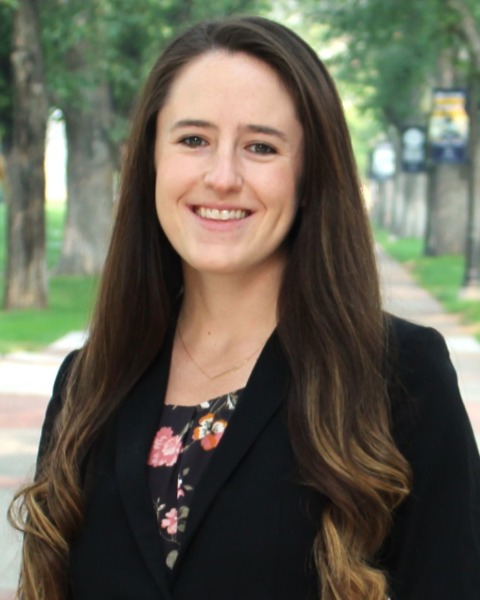General Thoracic
Category: Scientific Abstract: Oral/Poster
Extending the reach of thoracic oncology with telehealth: Phone-based telemedicine assessments in thoracic oncology are safe and effective
M. Sewell1, M. Kilbourne2, P. Schipper3, R. Thanawala4
1Memorial Sloan Kettering Cancer Center, New York City, New York 2Oregon Health & Science University, West Linn, Oregon 3Oregon Health and Science University, Portland, Oregon 4OHSU, Portland, Oregon
1Memorial Sloan Kettering Cancer Center, New York City, New York 2Oregon Health & Science University, West Linn, Oregon 3Oregon Health and Science University, Portland, Oregon 4OHSU, Portland, Oregon

Marisa Sewell, MD (she/her/hers)
Research Scholar
Thoracic Service, Department of Surgery, Memorial Sloan Kettering Cancer Center
New York City, New York, United States
Presenting Author(s)
Disclosure(s):
Marisa Sewell, MD: No financial relationships to disclose
Purpose: COVID-19 significantly increased the utilization of telemedicine. We examine the feasibility of phone based preoperative assessments in thoracic surgical oncology by evaluating cancellation rate, number of visits, and length of stay of patients managed preoperatively with phone-based assessments compared to in-person office assessments prior to and during the pandemic.
Methods: We conducted a single institution, retrospective review of patients evaluated for thoracic surgery for oncologic indications during the COVID era (defined as March 2020 to November 2022) as well as pre-pandemic, defined as March 2018 to February 2020. Patients were stratified into phone and office based assessment on the type of their first preoperative visit prior to their scheduled surgery. Patients undergoing mediastinal staging as their only operation were excluded. Demographic data included age, sex, and location by county. Primary outcomes were rate of day of surgery (DOS) cancelation, postoperative length of stay (LOS), and number of overall preoperative visits.
Results: From March 2018 to November 2022, 759 patients were scheduled to undergo thoracic surgical intervention for malignancy. 341 patients come from the pre pandemic era, with 100% of those patients undergoing in-person office preoperative assessment. The rate of cancellation on the day of surgery in this population was 5.21%, with a median LOS of 4 days (3,6), and 1 average preoperative assessment (median: 1 visit).
418 patients come from the COVID era. 382 of patients had their preoperative assessments via phone (91% of cohort), with 36 in office assessments). In the COVID era group, there was a 5.5 % rate of surgery cancellation overall in the phone assessment group and 2.8% in the office group, which was statistically insignificant (p=0.71). There was no difference in post-surgical length of stay (office LOS: 4 days, phone LOS: 5 days, p=0.26). Additionally, there was no difference in the number of overall visits, with both groups averaging 1 preoperative visit (p=0.23). Both sex of the patient (p=0.51), as well as their residential county location (p=0.77), were not significantly different between groups. Overall, there was no significant difference in DOS cancellation, LOS, or number of overall visits between the in office and telemedicine groups.
Conclusion: COVID-19 rapidly encouraged the adoption of telehealth into thoracic surgical practice, and has expanded access to surgeons by bypassing socioeconomic barriers to office based care. This study demonstrates that phone based preoperative assessments are non-inferior to in office assessments based on DOS cancellation, LOS, and number of preoperative visits.
Identify the source of the funding for this research project: This project was funded by the Department of Surgery at Oregon Health & Science University
